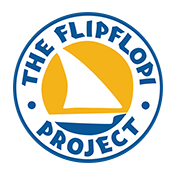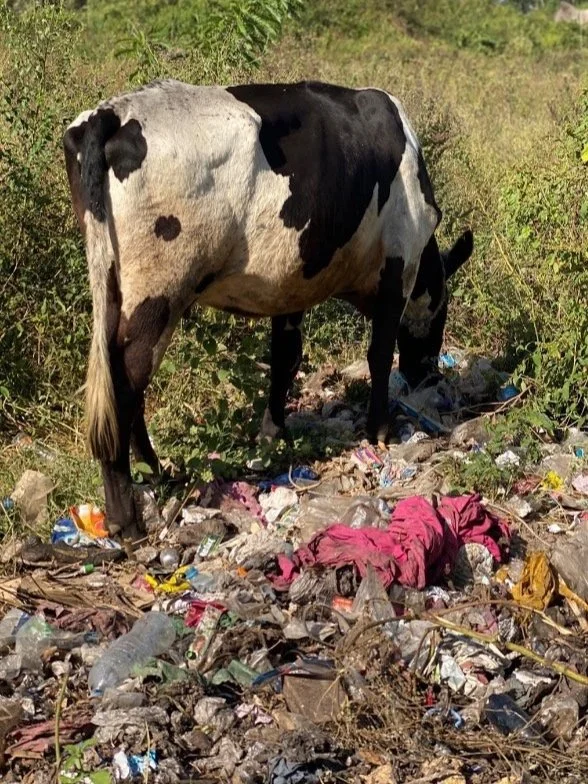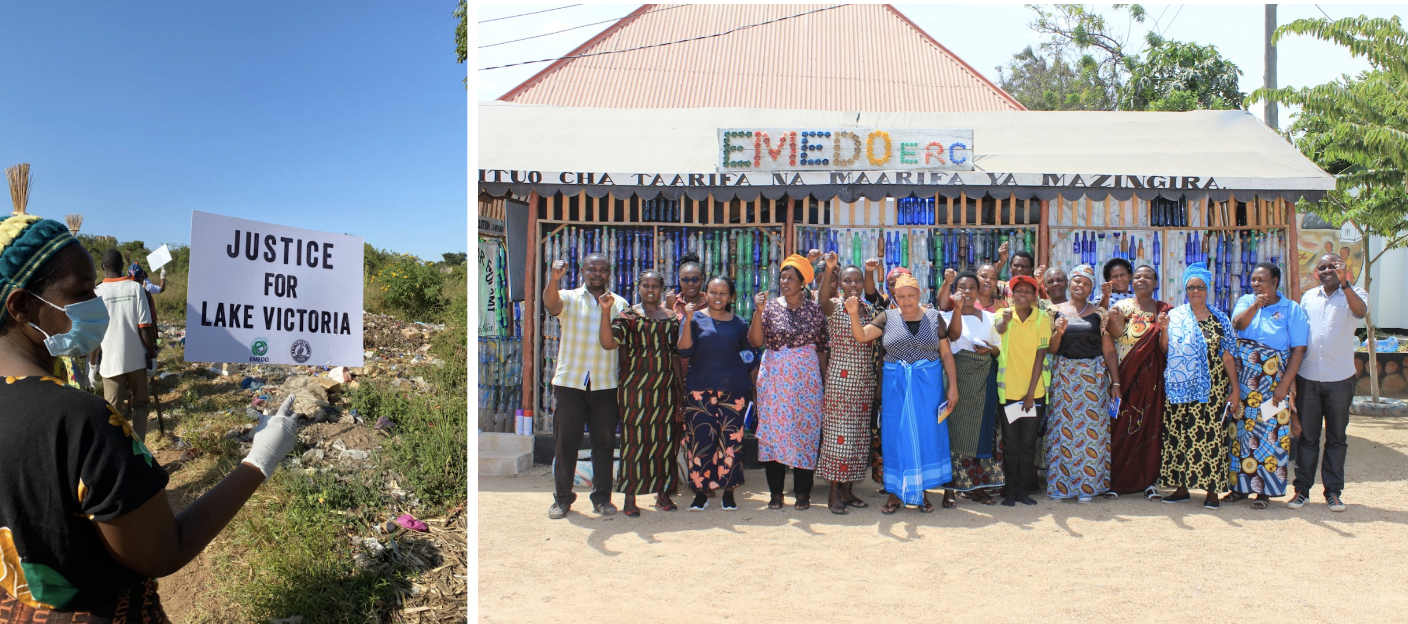Mwanza’s plastic revolution: creating a sustainable waste management system for neighbourhoods on Lake Victoria
Since our Lake Victoria expedition last year, our partner EMEDO has played an integral role in keeping the #plasticrevolution alive in Mwanza, Tanzania through regular clean ups, public meetings, dialogues and artivism at the eco centre and now, their pilot community household waste management programme.
With over 40 million people across East Africa depending on the Lake for their livelihood and as preliminary results from our Lake Victoria expedition revealed a 100% presence of microplastics in the Lake, it’s important we understand what is at stake if we don’t take action to protect and preserve Lake Victoria now.
Lakeside communities without access to any formal waste management facility
Lakeside neighbourhoods, like Sweya and Silivini street in the Luchelele ward have absolutely no access to any waste management facility meaning individual households are responsible for ensuring their waste is properly disposed of and due to the lack of any sustainable alternative, households are left with no option but to dump their waste in empty patches of their neighbourhood.
When the rains arrive, these piles of trash are carried directly into the Lake where they settle at the bottom and slowly kill the biodiversity in Lake Victoria.
(Pictured in the Luchelele ward)
Building a foundation for long-lasting change and creating a model that works
EMEDO is conducting a pilot-programme involving 20 households and volunteer women groups from the neighbourhood to set up a sustainable waste-management system that will see waste being segregated at the household level.
Our pilot programme visits the households twice a week to collect data on the quantity and types of waste collected which is then weighed and taken to a recently established waste collection point from where the waste is collected by the city council to be disposed safely at the dumpsite.
Through our pilot programme we’re not only setting up a long-term, efficient waste collection system for this neighbourhood but we’re also collecting data that will help inform future recycling, upcycling and innovation opportunities. Most importantly, we’re trying to establish a sustainable income generating activity for the volunteer women's group by setting up a formal waste collection service they will coordinate.
How it’s going ?
We’ve had a very positive response from the community members and this pilot-programme has sparked interest in households across the ward who are keen to join. We’re motivated and inspired by the response and are proud to say in two months, we’ve collected a total of 1,350kg of waste which has been redirected from the environment and Lake!
We’re looking forward to taking this forward to involve more households, businesses, schools and community members. This effort in Mwanza has earned EMEDO a seat on the District Waste Management Committee putting them in a great position to advocate for change.
With this, we’d like to give a special thanks to the Corton Hill Trust for supporting this project.




